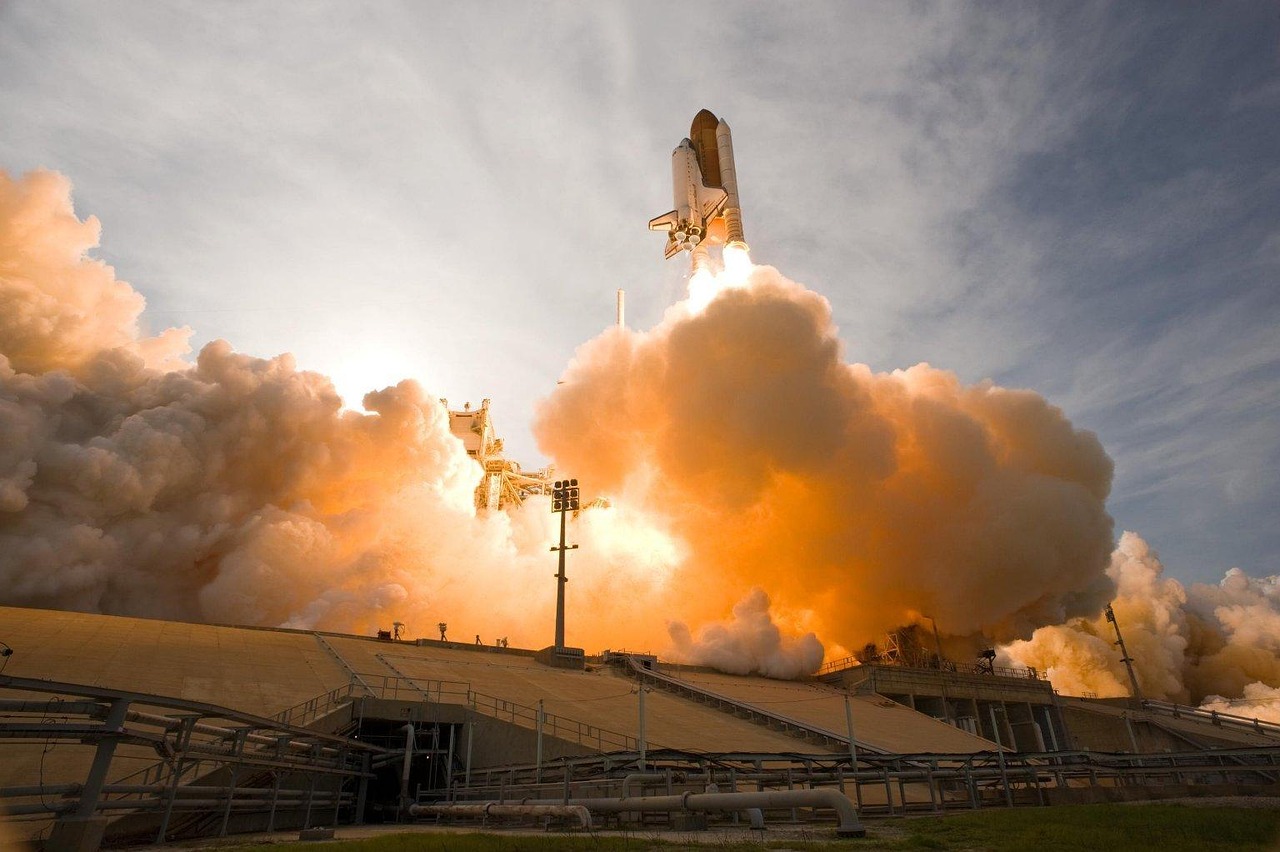The Magic of Radio Broadcasting
The world of radio broadcasting has been a cornerstone of entertainment and information for decades, offering a unique platform for hosts to connect with listeners in real-time. This dynamic medium has evolved significantly over the years, adapting to technological advancements and changing listener preferences. In this article, we will delve into the strategies employed by radio hosts to captivate their audiences and explore the significance of this medium in today’s digital age.
Understanding the Listener’s Perspective
To grasp the essence of radio’s appeal, it’s essential to consider the listener’s point of view. What draws individuals to tune into their favorite radio shows, and how do hosts manage to build such strong connections with their audiences? Research has shown that listeners are drawn to radio’s immediacy and the sense of community it fosters. Radio hosts have the unique ability to respond to current events, engage in discussions, and share personal anecdotes, making the listening experience feel more intimate and relatable.
The Art of Storytelling
Skilled radio hosts are masters of storytelling, weaving narratives that transport listeners to different worlds and evoke a range of emotions. By sharing compelling stories, hosts can create a sense of empathy and understanding, making their audiences feel invested in the topics being discussed. This art of storytelling is not limited to fiction; hosts often share real-life experiences, interviewing guests and exploring current events in a way that is both informative and engaging.
Building a Loyal Following
So, what sets successful radio hosts apart from their counterparts? The answer lies in their ability to build a loyal following, creating a sense of belonging among their listeners. This is achieved through a combination of factors, including:
- Consistency: Regularly scheduled shows and predictable content help listeners develop a routine and anticipate upcoming episodes.
- Authenticity: Hosts who are genuine, honest, and vulnerable tend to resonate with their audiences, fostering trust and loyalty.
- Interactivity: Engaging with listeners through social media, phone calls, and live events encourages participation and creates a sense of community.
The Mechanics of Radio Broadcasting
To better comprehend the intricacies of radio hosting, it’s essential to explore the technical aspects of the profession. From sound quality to production techniques, the tools of the trade play a crucial role in shaping the listener’s experience.
The Importance of Sound Quality
Clear, crisp audio is vital for an enjoyable listening experience. Radio hosts and producers must ensure that their equipment is of high quality, and that sound levels are consistently balanced. This attention to detail can make a significant difference in the overall quality of the broadcast.
Production Techniques
The production process involves a range of technical aspects, from editing and mixing to sound effects and music selection. Skilled producers can enhance the listening experience, creating an immersive atmosphere that complements the host’s narrative.
Behind the Scenes
Ever wondered what happens behind the scenes of a live radio broadcast? The process is often fast-paced and dynamic, with hosts, producers, and engineers working together to ensure a seamless show. The following table provides a glimpse into the roles and responsibilities of key team members:
| Role | Responsibilities |
| Host | Prepares content, conducts interviews, and engages with listeners |
| Producer | Edits and mixes audio, selects music and sound effects, and coordinates logistics |
| Engineer | Manages sound levels, operates equipment, and troubleshoots technical issues |
Insights from Respected Publications
Renowned publications have long recognized the significance of radio broadcasting, highlighting its ability to reach diverse audiences and provide a unique platform for discussion and debate. According to various studies and articles, radio remains a vital medium for news, entertainment, and education, with many hosts using their platforms to raise awareness about social and environmental issues.
Tackling Tough Topics
Radio hosts often tackle complex, thought-provoking subjects, encouraging listeners to engage in discussions and share their perspectives. This exchange of ideas can be incredibly powerful, fostering a sense of empathy and understanding among audience members.
Frequently Asked Questions
Some common questions about radio hosting include:
What makes a successful radio host? How do hosts prepare for their shows? What role does social media play in promoting a radio program? The answers to these questions lie in a combination of factors, including the host’s personality, preparation, and ability to connect with their audience.
Conclusion
In conclusion, the thrill of the broadcast lies in its unique ability to engage listeners in real-time, fostering a sense of community and connection. By employing effective storytelling techniques, building a loyal following, and utilizing the latest production technologies, radio hosts can create captivating shows that resonate with audiences worldwide. As we move forward in this digital age, it’s essential to recognize the value of radio broadcasting, supporting hosts and producers as they continue to push the boundaries of this dynamic medium.

